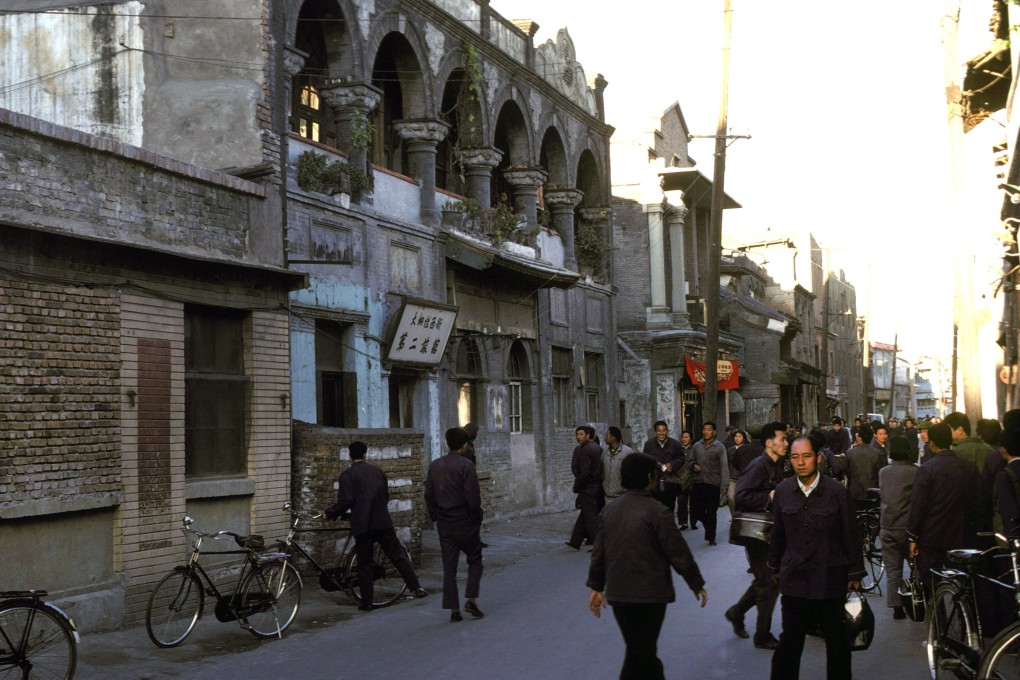Like a Dickens or Dostoevsky novel, tale of Beijing hutong life The Wedding Party, by Liu Xinwu, conceals drama and trauma beneath the seemingly inconsequential
- In a Beijing alleyway community Auntie Xue is preparing a wedding celebration for her son. Outside the hutong, China is changing in Deng Xiaoping’s reform era
- So begins Liu Xinwu’s newly translated 1984 novel, in which, as in tales by Dickens and Dostoevsky, jealousies and resentments swirl beneath a mundane surface

The Wedding Party by Liu Xinwu, translated by Jeremy Tiang, pub. Amazon Crossing
Liu also dangles the lure of easy entertainment in the first few pages, telling readers the novel will deal with “the mundane aspects of life”. And in many ways it does – a wedding surrounded by fractious and often comical relations among neighbours, parents, children and in-laws.
But these events and interactions are ultimately “mundane” in a similar vein to a Dickens or a Dostoevsky novel: beneath the seemingly inconsequential swirl jealousies, resentments and trauma.

Ten years previously a hutong wedding would have meant “handing out some candy and then calling it a day”. Now we are in a rapidly evolving world of opportunities. Think colour portraits from the China Photo Studio on Wangfujing, a hired car and chauffeur, an imported Swiss watch for the groom.
